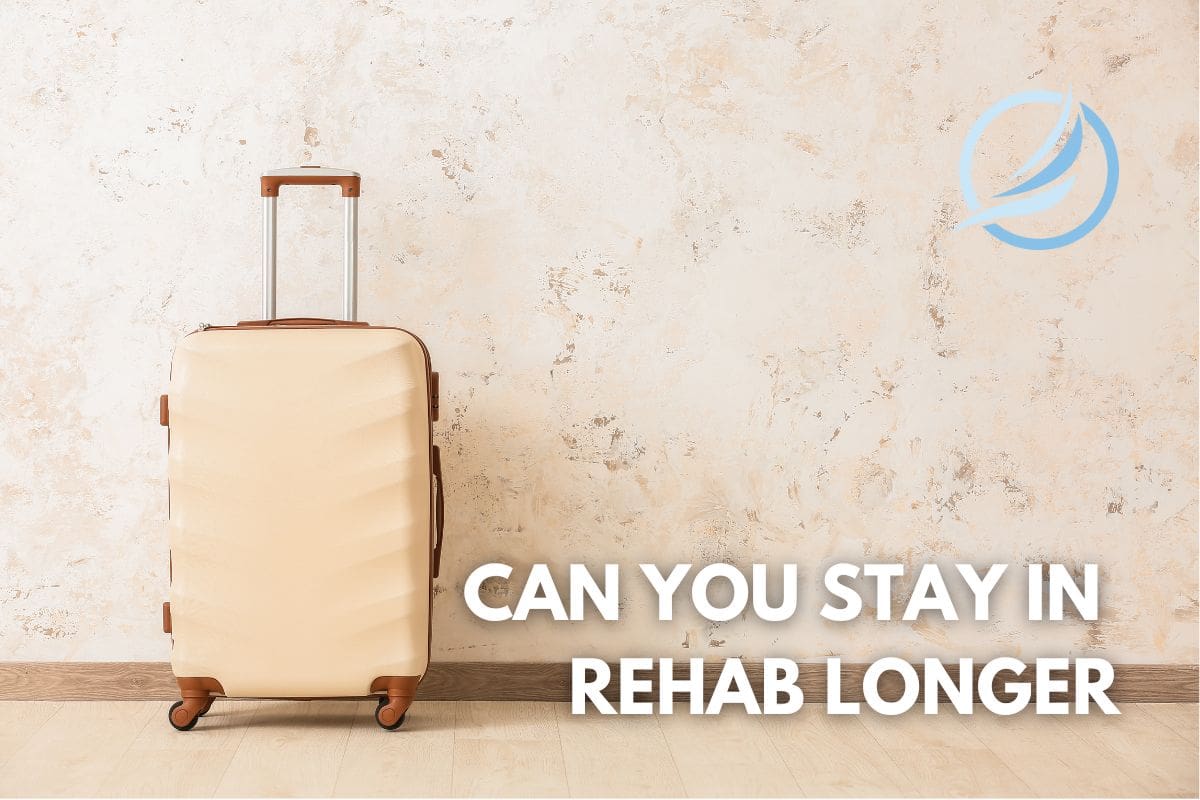The average time of an addiction recovery program can range from 30 to 90 days. However, recovery from addiction is not a one-size-fits-all process. Every individual’s journey is unique, and the length of time needed in an addiction recovery program can vary. Factors like the severity of the addiction, co-occurring mental health conditions and the presence of a strong support system can influence the ideal length of treatment. In many cases, extending the stay in treatment can be the key to preventing relapse and maintaining long-term sobriety.
Understanding the Standard Length of an Addiction Recovery Program
When entering an inpatient addiction recovery program, it’s common to encounter standard durations such as 30-day, 60-day, and 90-day programs. These timelines are designed to provide structure to the treatment process while addressing the immediate needs of individuals battling substance use disorders.
- 30-Day Programs: These are often seen as the starting point for many individuals. In a 30-day program, the focus is on detoxification and beginning therapy. This period gives people a chance to step away from triggers and start learning coping strategies.
- 60-Day Programs: For individuals needing more time, a 60-day program extends the therapeutic work done in a 30-day program. It allows more room for personalized therapy, group counseling and deeper work on the root causes of addiction.
- 90-Day Programs: A 90-day program offers a comprehensive approach, focusing on detox, therapy, and long-term skill-building. This extended timeline allows people to fully immerse themselves in recovery and lay stronger foundations for long-term sobriety.
Reasons You Might Need to Stay Longer in Rehab
While many addiction recovery programs are designed around specific timeframes, there are several reasons why you might need to stay in treatment longer than planned.
Factors such as the severity of addiction, co-occurring mental health disorders, progress in treatment, and the risk of relapse all play significant roles in determining whether an extended stay in rehab is the best course of action.
Severity of Addiction
Individuals with a longer history of substance use or those dependent on more addictive substances, like opioids or alcohol, may require extended care. The length of dependency, the frequency of use and the specific substances involved can impact the recovery timeline.
Those with severe addictions often need more time to stabilize physically and mentally, work through withdrawal symptoms and develop healthy coping strategies that support long-term sobriety. In these cases, staying in treatment longer can provide a better foundation for recovery.
Co-occurring Mental Health Disorders
For many individuals, addiction is accompanied by co-occurring mental health disorders, such as depression, anxiety or PTSD. These dual diagnoses can complicate recovery, as both the addiction and the mental health condition need to be treated simultaneously.
A longer stay in rehab may be necessary to ensure that both issues are adequately addressed, often through integrated treatment plans that involve therapy, medication, and ongoing support. Without sufficient time to treat both the addiction and the mental health disorder, the risk of relapse or ongoing struggles with mental health can increase.
Progress in Treatment
While some may achieve significant breakthroughs in the standard 30 or 60 days, others may need more time to reach the stability required for a successful reintegration into daily life. If you feel you need more time to develop coping mechanisms, strengthen your support system, or fully address the underlying causes of your addiction, an extended stay in rehab can provide the additional care and support you need.
Risk of Relapse
Leaving treatment too early, especially if you’re not yet confident in your ability to manage triggers or stressors, can increase the likelihood of returning to substance use. If you’re still facing cravings, emotional instability, or a lack of a solid support system, it might be beneficial to stay longer in rehab to further strengthen your recovery plan. A longer stay can help you build resilience and reduce the risk of relapse when transitioning back to your everyday environment.
Options for Extending Your Stay in an Addiction Recovery Program
If you find that you need more time in rehab than your original program allows, there are several options for extending your stay or continuing support:
- Transitioning to a Longer Program. If you’re in a 30-day program but realize you need more time to address deeper issues, your treatment center may allow you to extend your stay to 60 or 90 days.
- Step-Down Programs. These programs help you adjust to everyday life while still receiving guidance and care. Options like intensive outpatient programs (IOPs) or partial hospitalization programs (PHPs) offer structured support without the full-time commitment of residential care, making them ideal for individuals who need ongoing help but are ready for more autonomy.
- Sober Living Arrangements. Sober living homes offer accountability, support, and a gradual transition back to everyday life. These residences provide a drug- and alcohol-free environment where you can live alongside others in recovery.
- Customized Treatment Plans. Whether transitioning to a longer program, stepping down to outpatient care, or entering a sober living arrangement, your providers can tailor your treatment to ensure you receive the right level of support for as long as necessary.
How to Determine If You Should Stay Longer in Rehab
While finishing your program as planned may be tempting, evaluating your progress can make a significant difference in your long-term sobriety. Here are a few ways to assess whether staying longer might be the right choice for you:
- Consulting with Professionals. Therapists, counselors and medical staff can objectively assess your progress. Suppose they notice areas where you may still need more support. In that case, they can recommend extending your stay or transitioning to a different level of care, such as outpatient treatment or a sober living arrangement.
- Self-Assessment. Ask yourself whether you feel confident in maintaining sobriety outside of the structured environment of rehab. Consider how comfortable you are in managing triggers, handling stressful situations and resisting cravings. If you have lingering doubts or concerns, it may be a sign that extending your stay could benefit you.
The Benefits of Staying Longer in an Addiction Recovery Program
An extended stay provides the time and space to make meaningful progress in both physical and emotional recovery, creating a solid foundation for long-term sobriety.
- Increased Stability. By extending your stay, you have more time to adjust to life without substances, manage withdrawal symptoms, and rebuild healthier habits. This added stability makes it easier to maintain sobriety once you leave the structured environment of rehab.
- Deepening Therapeutic Work. A longer stay allows you to explore deeper issues, such as underlying traumas, unresolved emotional pain, or co-occurring mental health disorders.
- Building Stronger Support Networks. Staying in treatment longer allows you to cultivate a community that will support you even after you leave the program, whether forming bonds with fellow patients, deepening relationships with therapists, or connecting with peer support groups.
Wrapping Up
Choosing to stay in rehab longer than your original program can be a critical step toward securing long-term sobriety. An extended stay can offer the tools and support you need for a successful recovery. By working closely with your treatment providers, assessing your progress, and taking advantage of options, you can customize your recovery journey to suit your unique needs.
If you or a loved one is considering extending their stay in rehab, it’s important to prioritize your long-term health and well-being. At The Freedom Center, we offer personalized addiction recovery programs designed to support you every step of the way, from initial detox to long-term aftercare. Contact us to learn more about our treatment programs and how we can help you achieve lasting sobriety.


































